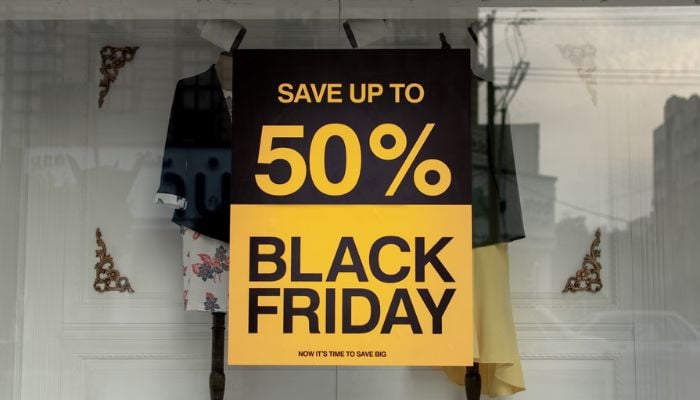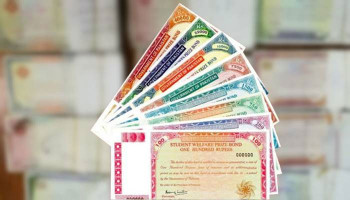
Black Friday, the day when stores go crazy with sales and everyone is on a shopping spree. But why "Black" Friday? Have you ever stopped to wonder why on earth it's called "Black Friday"? Well, let's unravel the mystery behind this name that’s become synonymous with both savings and shopping madness.
Contrary to what you might think, it's got nothing to do with wearing black or mourning the loss of your bank account after splurging on deals. The roots of "Black Friday" delve into a different tale altogether — one that blends profit, chaos, and a touch of urban legend.
Legend has it that the term originated in Philadelphia in the 1950s. Cops in the city started using "Black Friday" to describe the mayhem that ensued the day after Thanksgiving. Streets became jam-packed with eager shoppers, leading to traffic jams and, well, a headache for law enforcement dealing with the chaos. The term wasn’t exactly a pat on the back; it was more of a grim observation of the commotion.
But here's the twist: the phrase got a facelift thanks to retailers. They saw an opportunity to spin the negativity into something positive for their profit margins. For them, "Black Friday" signalled the moment when their financial books shifted from "in the red" (operating at a loss) to "in the black" (finally turning a profit). Clever, right?
Fast forward to today, and "Black Friday" has grown into a monster of its own. It’s a day that’s not just about snagging discounted TVs or scoring deals on gadgets—it's practically a national sport. People camp outside stores, trample over each other for the last discounted toaster, and willingly wake up at ungodly hours to partake in the madness. All in the pursuit of that unbeatable deal.
But let's talk turkey here. Black Friday isn’t all glittery discounts and shopping bliss. Critics raise valid points about its darker side. The rampant consumerism, excessive waste from impulsive buying, and the toll it takes on retail employees who endure long shifts amid unruly crowds are glaring concerns. Is the pursuit of deals worth the stress, exhaustion, and environmental impact?
Sure, catching that must-have item at half price might be thrilling, but is it worth sacrificing our sanity and ethics? It’s time to ponder whether the allure of a discount is causing us to overlook the more significant impacts of our shopping habits.
While the origins of "Black Friday" might be rooted in retail economics and urban legend, its present-day connotation is a mix of thrill, chaos, and a hint of controversy. It’s a day that symbolises our society’s fascination with discounts and sales but also shines a spotlight on our consumerist tendencies and their consequences.
So, whether you’re a die-hard deal hunter or prefer to steer clear of the Black Friday frenzy, the origins of its name may remain shrouded in history, but its impact on our culture is crystal clear.
















